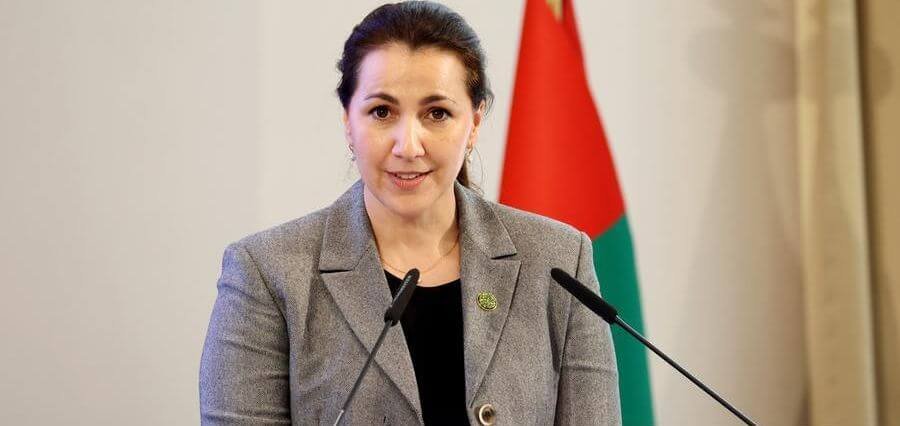The Middle East, long associated with traditional roles for women, is now witnessing a significant transformation as more women emerge as leaders in various sectors. This shift marks a crucial chapter in the region’s history, with women breaking barriers and taking on roles that were once dominated by men. These emerging women leaders are not only reshaping the social and cultural fabric of their societies but are also playing a pivotal role in driving economic and political progress. The rise of women in leadership positions across the Middle East is a testament to the region’s ongoing evolution and the increasing recognition of the value of gender diversity.
One of the most notable trends in the Middle East is the growing presence of women in government and politics. In recent years, several countries in the region have taken significant steps to increase female representation in government. The United Arab Emirates (UAE) stands out as a leader in this regard, with women holding nearly 50% of the seats in the Federal National Council, the country’s parliamentary body.
This achievement is largely due to the forward-thinking leadership of Sheikh Mohammed bin Rashid Al Maktoum, who has been a strong advocate for gender equality. In 2019, the UAE also appointed the country’s first female Minister of State for Food and Water Security, Mariam Al Mheiri, who is leading efforts to ensure the UAE’s long-term food sustainability. Her role is critical in addressing the challenges posed by climate change and water scarcity, issues that are particularly pressing in the Middle East.
She is an Emirati politician who leads the Office of International Affairs at the Presidential Court. She was the Minister of Climate Change and Environment of the UAE until January 11, 2024.
Since October 2017, Almheiri has served as minister of state for food security. In September 2018, she unveiled plans for ‘Food Valley,’ a food technology hub in the UAE, modeled after Silicon Valley.In January 2019, she was appointed to lead the Security and Foreign Affairs section of the UAE’s National Expert Programme.
In the same month, she launched the UAE Food Security Strategy, consisting of five pillars: diversifying food import sources, increasing domestic food production through research and development, reducing food waste, maintaining food safety standards, and strengthening the UAE’s response to crises. The policy aims to elevate the UAE’s ranking on the Global Food Security Index from 31 to first by 2051. Almheiri has been a member of the board of the Emirates Equestrian Federation since 2016.
The rise of women leaders in the Middle East is indicative of a broader cultural shift in the region. While there are still significant challenges to achieving full gender equality, the progress that has been made in recent years is undeniable. Women in the Middle East are increasingly breaking through the glass ceiling and taking on leadership roles across various sectors. Their contributions are not only driving progress within their countries but are also helping to reshape the global perception of women in the Middle East.
The women leaders in the Middle East making significant contributions in various fields is a powerful testament to the region’s ongoing transformation. From government and business to STEM, education, and the arts, women are playing a crucial role in shaping the future of the Middle East. Their leadership is driving progress, promoting gender equality, and inspiring future generations of women to follow in their footsteps. As these women continue to break barriers and challenge stereotypes, they are not only changing the narrative in the Middle East but are also contributing to the global movement for women’s empowerment and leadership.





